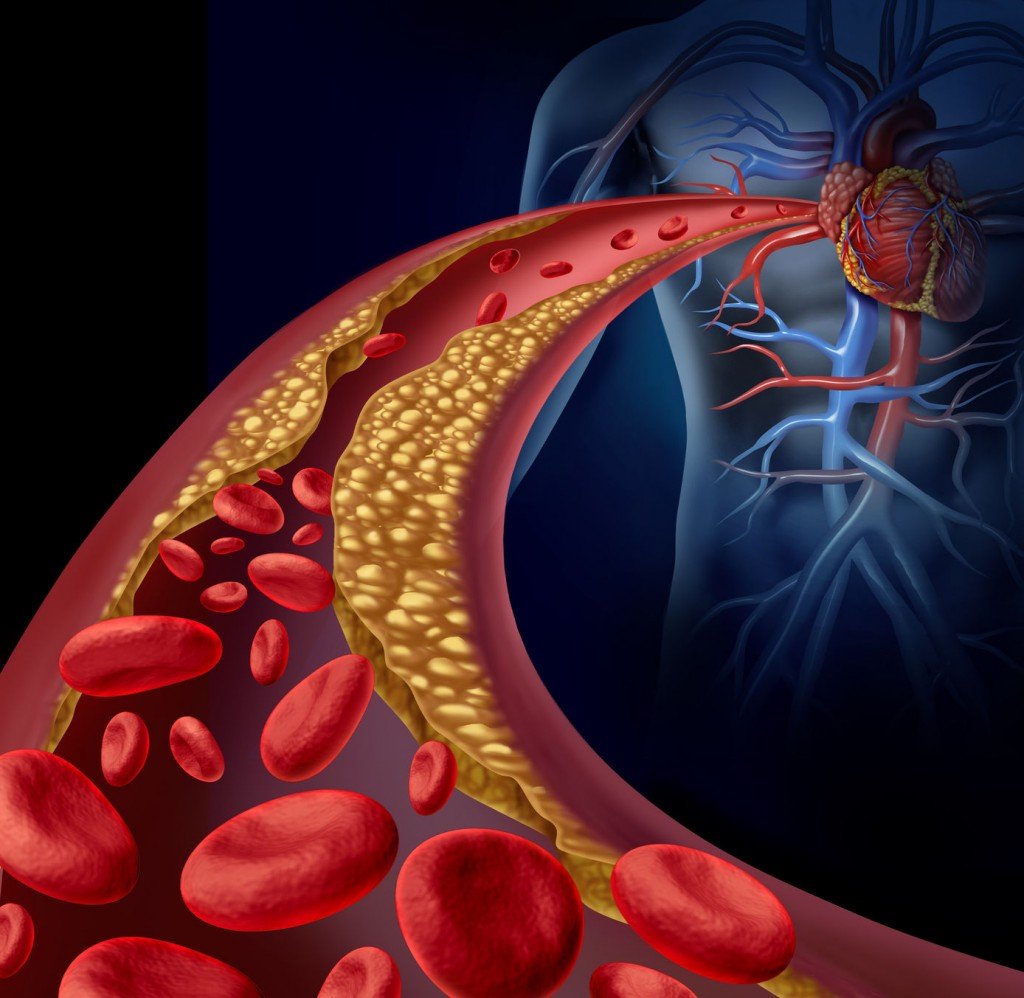 It’s no secret that exercise has significant benefits on your cardiovascular system and circulation. It has the ability to strengthen your heart muscle, lower your resting heart rate and prevent the build-up of plaques in your arteries, potentially causing a heart attack or stroke. What is the Cardiovascular and circulatory system? Our Cardiovascular system is made up of;
When we eat food, the breakdown of molecules through oxygen into energy occurs and is called cellular respiration. This process allows all movement in the body to occur. Our cardiovascular system transports the oxygen in our blood, through the body to enable this process. It also assists in removing waste like toxins and carbon dioxide that are a by-product of cellular respiration, to be transported out of the body. When our cardiovascular and circulatory system are healthy, they can perform these tasks with ease but when they have been neglected for extended periods of time, they have a reduced capacity to complete these tasks. Our exercise capacity and tolerance also suffer as a result, as we are not able to transport oxygenated blood to our working muscles as efficiently. Why inactivity has an impact? A neglected cardiovascular and circulatory system can often lead to the arteries becoming blocked or constricted. This is usually caused by the build-up of plaques, which are referred to as atherosclerosis. When this build-up begins to harden, the arteries are narrowed and it causes a spike in blood pressure and a reduction in circulation. This decreased the system’s ability to transport oxygen around the body and to remove unwanted waste and toxins. When this narrowing becomes so severe that blood is unable to reach the heart muscles, a condition called coronary heart disease can develop. How can exercise help? The good news is regular moderate intensity exercise can improve circulation. A study by the Harvard School of Public Health reported that 150 minutes of moderate cardiovascular based exercise, provides significant benefits to the cardiovascular system. This includes reducing the build-up of plaque in the arteries, allowing the heart to pump blood freely throughout the circulatory system. As we exercise more frequently our heart muscle becomes stronger meaning it does not have to work as hard to pump blood around the body. This ultimately lowers our resting heart rate and decreases our risk of having a heart attack or stroke. By, Aleisha Michael Accredited Exercise Physiologist
0 Comments
Your comment will be posted after it is approved.
Leave a Reply. |
AuthorSLisa Parkinson Archives
July 2024
Categories
All
|

 RSS Feed
RSS Feed